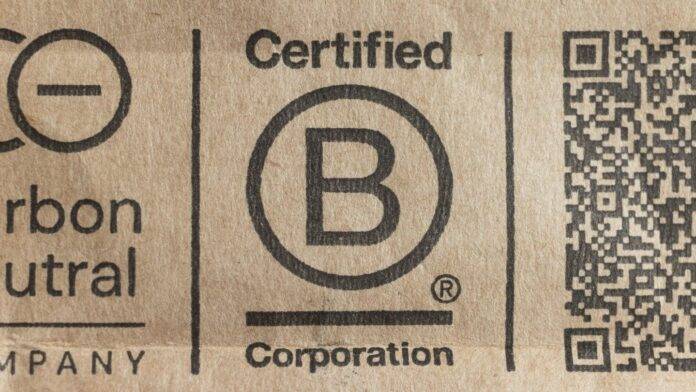B Lab, the non-profit organization responsible for B Corp certification, recently announced the release of updated standards that represent a significant evolution since the organization’s inception in 2006. These new standards include the adoption of climate action plans aligned with the 1.5°C goal, reflecting the growing urgency of the climate crisis and the need for companies to take meaningful action on issues affecting both people and the planet.
With nearly 10,000 companies in 100 countries and 160 industries currently holding B Corp status, the certification has become a widely recognized symbol of a company’s commitment to social and environmental responsibility. However, the program has faced criticism, with some companies questioning the value and integrity of the certification process.
In response to these concerns, B Lab has introduced a revamped certification framework that aims to address these issues and raise the bar for businesses seeking B Corp certification. The new standards represent a complete reimagining of business impact, focusing on seven key “impact topics”: purpose and stakeholder governance, climate action, human rights, fair work, environmental stewardship and circularity, justice, equity, diversity, and inclusion, and government affairs and collective action.
Under the previous framework, companies seeking certification underwent an assessment process involving a ‘B Impact’ assessment form, which evaluated their practices across various areas. To achieve certification, a company needed to score 80 or above out of 200 and undergo a re-certification process every three years.
The updated framework shifts the focus from scoring to meeting baseline performance requirements across the seven impact topics. Companies are now required to demonstrate their commitment to these areas through tangible actions and initiatives that contribute to a more sustainable and ethical business model. The new standards also introduce differentiation based on company size, with larger companies facing more rigorous requirements and criteria.
The development of the updated standards involved a four-year process that included two rounds of public consultation and the review of feedback from companies, the general public, and subject-matter experts. B Lab’s director of standards, Judy Rodrigues, expressed confidence that the new standards are clear, ambitious, and capable of raising the bar for businesses worldwide.
The response to the new standards has been largely positive, with many stakeholders welcoming the changes as a step in the right direction. Emma Aberg of UK-based consultancy Greenheart praised the update for keeping B Corps aligned with their mission of being a force for good in the business world and leading the way towards a sustainable and regenerative future.
Overall, the updated B Corp standards represent a significant milestone in the evolution of the certification program, signaling a renewed commitment to promoting social and environmental responsibility among businesses. By aligning with the latest climate goals and focusing on key impact areas, the new standards aim to ensure that B Corps continue to serve as leaders in the global sustainability movement.




